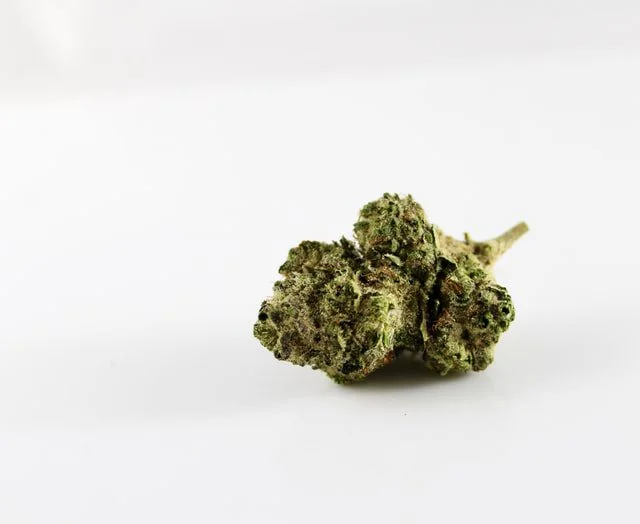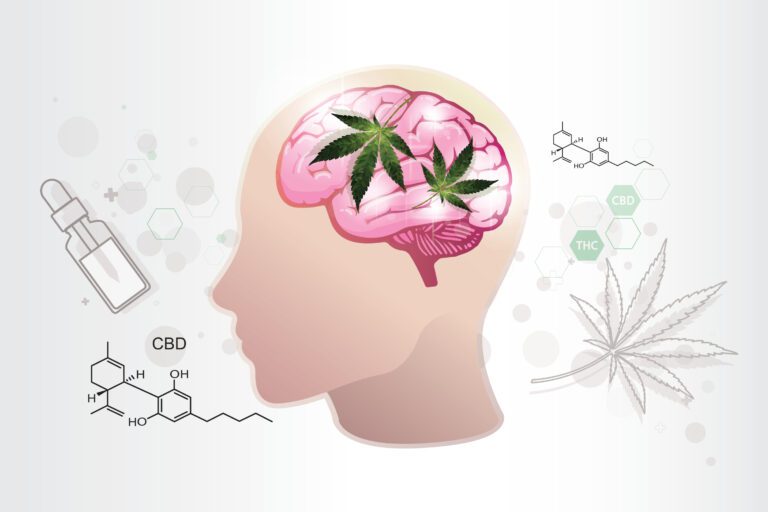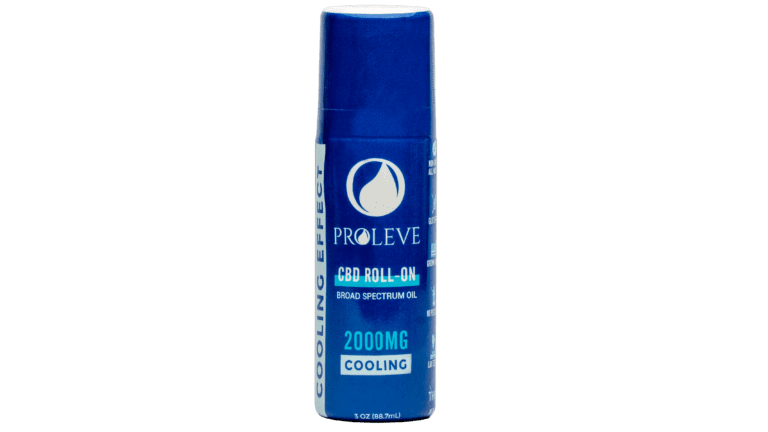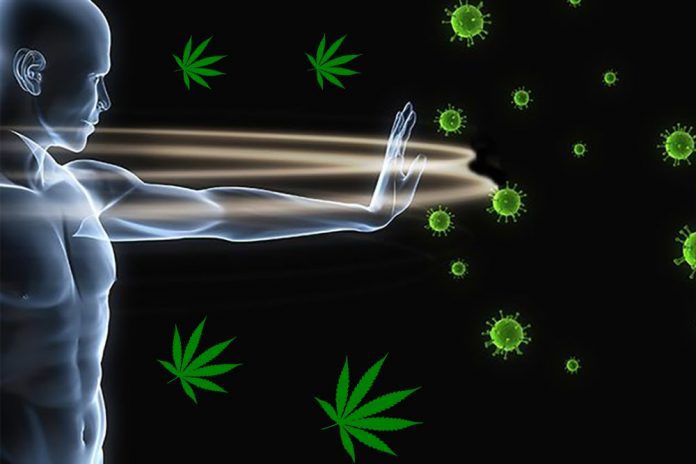Does Delta 9 Affect Dopamine
Delta 9 THC, the primary psychoactive compound in cannabis, is renowned for the euphoric “high” it produces. This sensation is closely tied to Delta 9’s interaction with the brain’s dopamine system. Dopamine, a neurotransmitter essential for regulating mood, pleasure, motivation, and reward, plays a pivotal role in the psychoactive effects of Delta 9 and its potential influence on mental health.
As Delta 9 enters the brain, it binds to cannabinoid receptors, particularly the CB1 receptors found in areas linked to mood and cognition. This binding initiates a series of biochemical reactions that lead to the release of dopamine within the brain’s reward pathway, including regions like the nucleus accumbens. This surge of dopamine is responsible for the feelings of pleasure and euphoria that users often experience with Delta 9 consumption.
Delta 9 stimulates the brain’s reward system, leading to a temporary increase in dopamine levels, which can enhance mood and promote a sense of well-being. This surge in dopamine is one reason many people use cannabis recreationally, seeking the pleasurable feelings it brings. However, this effect can have complex consequences, particularly regarding the brain’s natural dopamine regulation.
With prolonged or frequent use of Delta 9, the brain may start to process dopamine differently. Regular consumption of THC can cause the brain to lower its natural dopamine production, resulting in decreased baseline dopamine levels over time. As a result, frequent users might experience reduced motivation, a lower mood, or find that they need larger doses of cannabis to achieve the same euphoric effects. This phenomenon, known as tolerance, arises because the brain adjusts its dopamine response in reaction to the continuous presence of THC.

The relationship between Delta 9 and dopamine is crucial for understanding its impact on mental health. While occasional use may not have a significant effect on dopamine regulation, heavy or long-term use can lead to more serious consequences. For individuals vulnerable to mental health conditions like anxiety or depression, Delta 9’s influence on dopamine might worsen symptoms or contribute to emotional instability. There is also evidence suggesting that excessive THC use could heighten the risk of developing disorders such as schizophrenia in those predisposed to these illnesses, although further research is necessary to clarify this connection.
Conversely, some studies indicate that Delta 9 might offer therapeutic benefits for those with dopamine-related disorders. In cases of depression or Parkinson’s disease, where dopamine levels are particularly low, cannabis could temporarily enhance dopamine activity, potentially providing some relief. However, the effects of Delta 9 in these contexts remain unclear, and any medicinal use should be approached with caution and under professional guidance.
Delta 9 THC significantly affects dopamine, shaping mood, motivation, and feelings of reward. While it can promote pleasure and relaxation by elevating dopamine levels, chronic use may result in lasting changes in the brain’s regulation of this neurotransmitter. Understanding the balance between immediate benefits and potential long-term effects is essential for anyone considering Delta 9 for recreational or therapeutic purposes. Consulting with a healthcare professional is always recommended to ensure safe and informed cannabis use.






